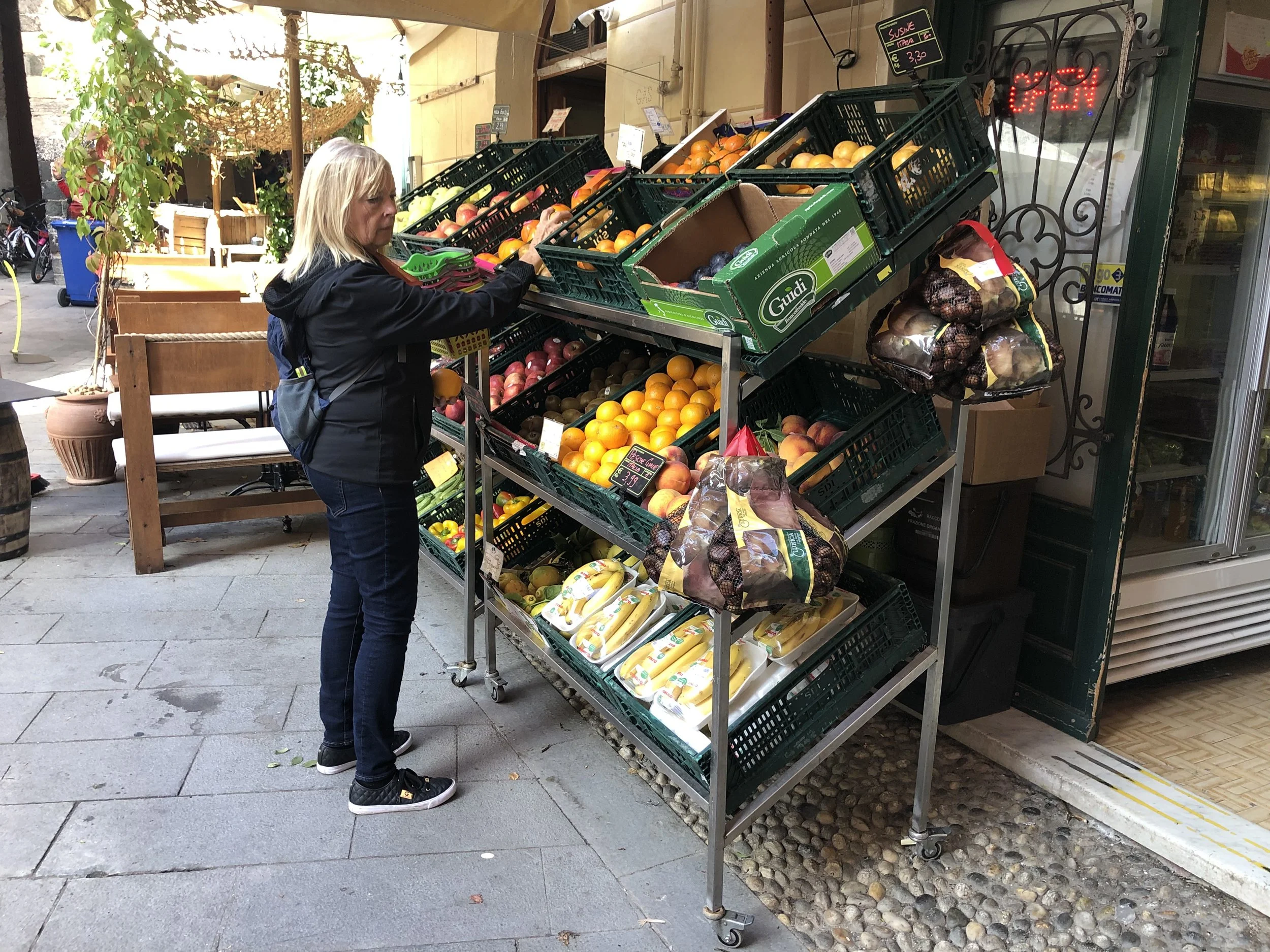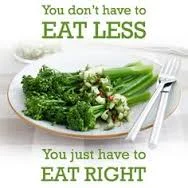Peg’s Blog
Food & lifestyle ideas to keep you healthy

Set Up Your Wellness Plan for Long Term Health
Are you looking to improve your health but don’t know where to start? What’s your next move?

How Do You View Nutrition?
Multiple research studies show small steps tend to be the most effective and lasting way to change habits. This is especially true with making nutritional changes and weight loss.

Weight. The Biggest Distraction of All
Lifestyle and weight management is not about the scale. It’s a combination of practices that each play a role in covering the ‘holes’ the others may have missed

Are You Over 50 and Struggling with Your Weight?
Many physical changes occur once we hit the 50 and over mark, and they are not all pretty. Some can be really frustrating, like weight that just loves sticking to your body.
Simple Rules for Weight Loss
a list of simple to follow rules that have nothing to do with consciously counting calories but will surely help you reduce the upward trend weight may have taken, especially during the pandemic.

Why Is Food Such a Big Deal?
When weight or illness keeps you up at night, make it simple and start with 6 easy steps.

Habits of Slim Women
Women who are habitually slender have several lifestyle habits in common.

National Health Coach Week
The US will spend $4trillion on health care in 2017, with only 2% of it on prevention. Take ownership of your health and your future by working with a skilled health coach.

Craving Crushers
Cravings - the insidious waistline invader. Check out these 5 secrets to crushing them .


Think and Feel Like a Kid
Bodies come in all sizes. Acknowledging this can be the first step in loving your body and maintaining a healthy weight.

What Mark Stowes Says about Food Becomes You
See what one reader describes howFood Becomes You - Simple Steps for Lifelong Wellness turned on the lights and made healthy eating attainable and manageable.
